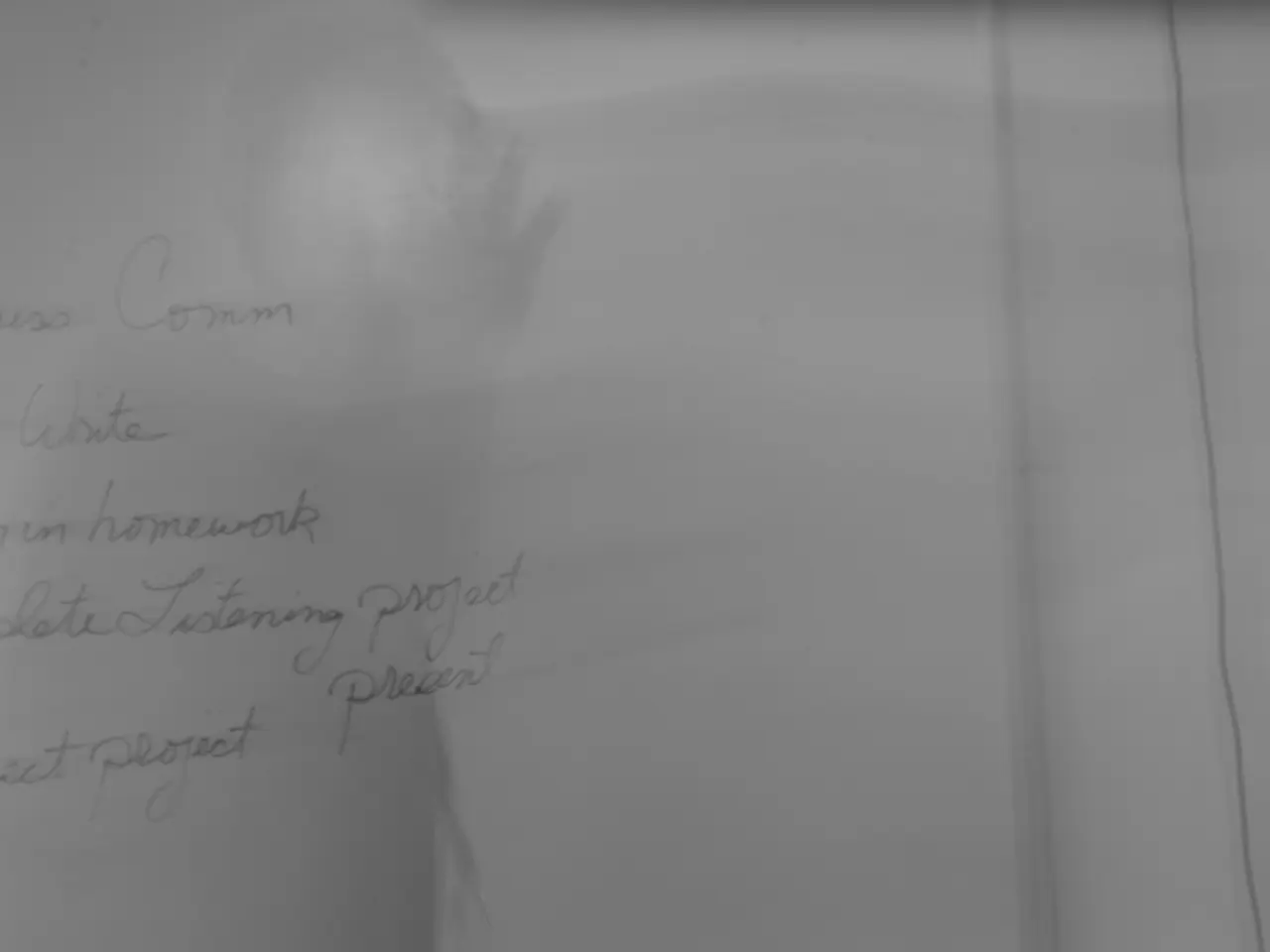Federal Reserve to initiate interest rate decrease in 2025 under mounting pressure from Trump administration
The United States Federal Reserve is set to make a decision on interest rates at the end of its two-day policy meeting, with economists expecting a 25 basis points reduction. However, this decision comes amidst a backdrop of political tensions and uncertainty.
Jeffrey Schmid, the President of the Kansas City Federal Reserve, has indicated that he could dissent to keep rates unchanged to curb inflation. This could mark the first meeting where three governors dissent since 1988. Stephen Miran, who was recently sworn in as a Fed governor, could be one of these dissenters. Notably, Miran took the position while still serving as Chair of the White House Council of Economic Advisers, a move that has drawn criticism from Democratic lawmakers.
Miran's confirmation without resigning from his White House role risks a sense of political influence over Fed decisions, as stated by EY chief economist Gregory Daco. Daco has expressed concern about the increased political attention on the Fed, stating that history has shown that in times when a central bank is under political influence, the economic outcomes are suboptimal.
The weakening employment market is the primary reason for the expected rate reduction. The Fed has held interest rates at a range between 4.25% and 4.50% since its last cut in December. However, the pace and size of further rate cuts are uncertain, with some economists predicting more divisions among the FOMC as policymakers balance the risk of higher inflation and a deteriorating jobs market.
President Donald Trump's actions have cast uncertainty over the Fed's rate-setting committee. Trump has repeatedly advocated for larger interest rate cuts, and economists will be monitoring the outcome of the FOMC's vote to see if Miran pushes for a larger cut. Fed governors Christopher Waller and Michelle Bowman, along with potential new governor Stephen Miran, could dissent in favor of a larger 50 basis points interest rate reduction.
The legal battle of Fed governor Lisa Cook, the first Black woman on the board of governors, could have broader implications for the bank. Cook was fired by Trump, sparking a legal fight. The federal appeals court ruled that Cook could remain in position while challenging her removal over alleged mortgage fraud, but the Trump administration plans to appeal this outcome, potentially bringing the case to the Supreme Court.
The anticipated rate reduction comes at a time when the economic picture is uncertain. Economists expect more divisions among the FOMC as policymakers navigate the challenging economic landscape. The outcome of the FOMC's vote will be closely watched by economists and financial markets alike.
Read also:
- Trade Disputes Escalate: Trump Imposes Tariffs, India Retaliates; threatened boycott ranges from McDonald's, Coca-Cola to iPhones
- Li Auto faces scrutiny after crash test involving i8 model and a truck manufacturer sparks controversy
- Celebrated Title: Cheesemakers Blessed Upon
- Construction and renovation projects in Cham county granted €24.8 million focus on energy efficiency




